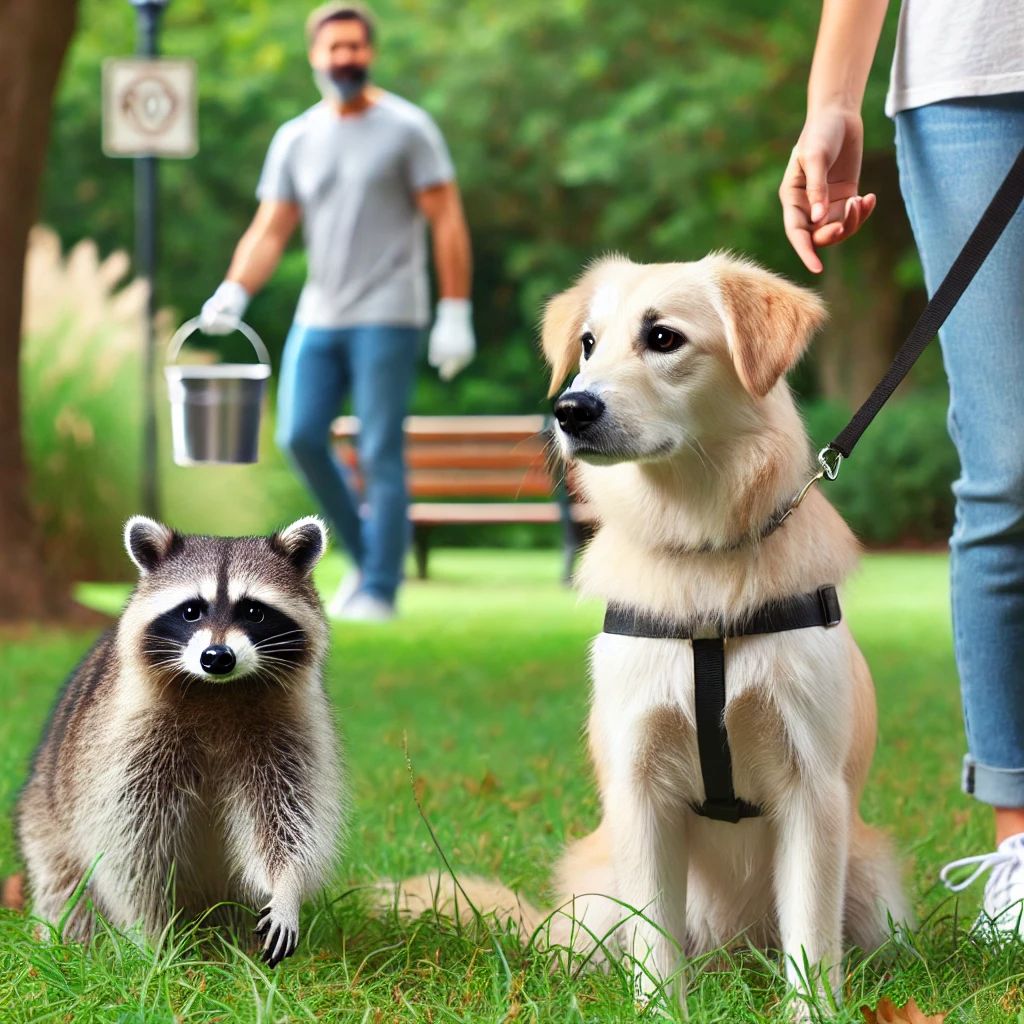Canine Distemper Virus Found in Long Island Raccoons – What Pet Owners Need to Know

If you’re a dog owner, there’s an important health alert you should be aware of. Recently, raccoons found at William Floyd Estate in Long Island tested positive for Canine Distemper Virus (CDV). While CDV doesn’t affect humans, it poses a serious risk to dogs, attacking their respiratory, gastrointestinal, and nervous systems.
What Is Canine Distemper Virus?
CDV is a highly contagious virus that spreads through direct contact with infected animals or exposure to contaminated surfaces. Wildlife such as raccoons, skunks, and foxes often carry the virus, making it especially dangerous for unvaccinated pets.
Signs of CDV in Dogs
Early symptoms can look like a mild cold but quickly progress into something more severe. Keep an eye out for:
✔️ Nasal discharge and watery eyes
✔️ Coughing and difficulty breathing
✔️ Loss of appetite and vomiting
✔️ Lethargy and fever
✔️ Seizures or muscle twitching (in advanced cases)
How to Protect Your Dog
✅ Keep Vaccinations Up-to-Date – The CDV vaccine is part of the core shots recommended by veterinarians. If your dog hasn’t had their shots recently, schedule a visit ASAP.
✅ Avoid Wildlife Exposure – Keep your dog on a leash during walks and prevent them from interacting with raccoons, skunks, or stray animals.
✅ Secure Your Trash – Raccoons and other wildlife are drawn to food scraps. Sealing garbage cans can help keep infected animals away from your home.
✅ Disinfect and Clean – If your pet spends time in high-risk areas like parks or wooded spaces, clean their paws before they come indoors.
What to Do if You Suspect CDV?
If your dog shows symptoms, contact your veterinarian immediately. There’s no direct cure for CDV, but early treatment can improve your pet’s chances of recovery.
Final Thoughts
CDV is a preventable disease, but it requires responsible pet care. By staying on top of vaccinations and limiting contact with wildlife, you can help keep your furry friend safe and healthy.
Stay vigilant, keep your pup protected, and share this with fellow dog owners!